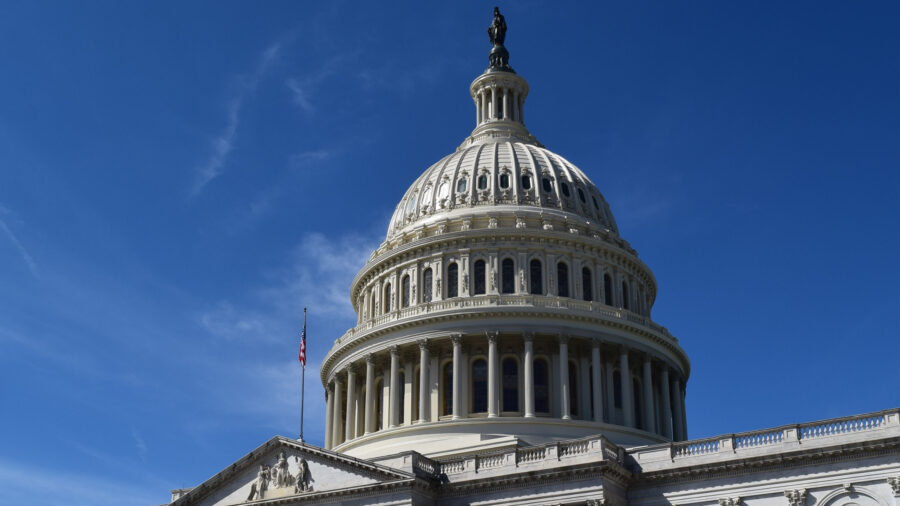US Government On The Verge Of Banning TikTok?
A bipartisan bill has advanced in the Senate to ban TikTok from all electronic devices in the United States.

TikTok is in another battle to stay relevant in the United States as the social media company is facing yet another attempt to ban them from US mobile devices. While TikTok has become one of the go-to platforms (alongside Instagram and Twitter) for content creation and discourse on topics ranging from entertainment to news and social issues, it has not been without its controversy. According to The Hollywood Reporter, the White House is considering a newly introduced bill with bipartisan support to ban the social media app from your phone.
Mark Warner, D-Va., the chairman of the Senate Intelligence Committee, and John Thune, R-SD, the Senate Republican whip, are leading the effort targeting any entity subject to foreign influence that owns or manages information and communications technology products and services that have at least one million annual active users. The bill would force the Commerce Secretary to identify and take action against companies and platforms that use their assets and products to affect the legitimacy of elections or collect data on its users that foreign powers can leverage.
TikTok spokesperson Brooke Oberwetter responded to the bill’s introduction by saying that the best way to protect U.S. users is for the U.S. Committee for Foreign Investments to approve the proposal made by the company two years ago. In 2020, the parent company of TikTok, ByteDance, began a merger between the app and Musical.ly that would allow the Chinese company to continue operating the app while restricting U.S. users’ data from Chinese employees.

Of course, this isn’t the first time TikTok has seen the U.S. Government seek to restrict the use of the platform by the country’s users. In 2020, Donald Trump announced that he was considering banning the popular app, with the support of the FCC, because he believed it posed a significant security threat to the United States. The intention of banning the app caused ByteDance to agree to divest in an attempt to avoid bans from more countries across Europe that shared Trump’s concerns about privacy.
The bill argues that foreign technology, including telecommunications equipment, social media applications, security software, and e-commerce platforms, is increasingly embedded within U.S. information and communications networks. Many of the Senators’ examples to show the bill’s need point to Kaspersky antivirus software and other Huawei programs of Chinese origins. They are primarily targeting countries they believe have consistently engaged in hostile actions that serve to undermine the West, and the United States specifically.
TikTok successfully avoided Trump’s ban in 2020 by arguing that the actions were directly in opposition to an amendment from a Cold War-era law that stripped the president’s authority to regulate the exchange of cultural goods. Regardless of how TikTok users feel about the possible ban of their favorite content, one thing the bill does that could be extremely valuable is directing intelligence agencies to provide collected data that shows the need for such a bill. If they are sitting on a mountain of evidence that Russia, China, or North Korea (the countries the Senators listed as hostile) are collecting data, it could only help with public support.












